
The randomized, controlled clinical trial treated patients with either a high dose of MCO-010, a low dose of MCO-010, or a sham–control.

The randomized, controlled clinical trial treated patients with either a high dose of MCO-010, a low dose of MCO-010, or a sham–control.

RiboX stated that this is the first IND clearance the FDA has granted for any circular RNA therapy.
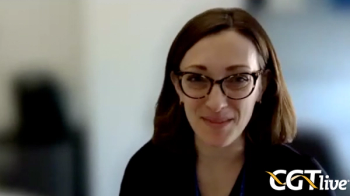
The attending physician at the Cancer Center at Children's Hospital of Philadelphia discussed a study she coauthored that was recently published in Blood.

The company made the resubmission after reaching an accord with the FDA in a Type A meeting with the agency that took place in August 2024.
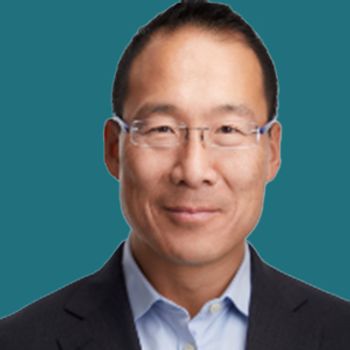
William Chou, MD, president and chief executive officer of Passage Bio, discussed feedback from a recent Type C meeting with the FDA.

Catch up on the latest news, breakthroughs, and announcements from biotechnology companies making advancements in cell and gene therapies.
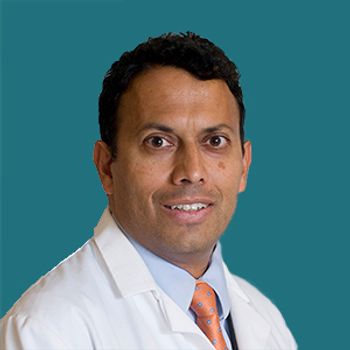
Furthermore, the majority of patients treated with the gene therapy showed improved myelination as measured by T-2-weighted MRI.

Sharon Hesterlee, PhD, the chief research officer of the Muscular Dystrophy Association discussed the upcoming MDA Clinical and Scientific Conference, which will be held March 16-19, in Dallas, Texas.

Participants in the trial received either a single dose of 25 mg of NTLA-2002, a single dose of 50 mg of NTLA-2002, or a placebo.

William Chou, MD, president and chief executive officer of Passage Bio, discussed feedback from a recent Type C meeting with the FDA.

The DSMB’s decision was made with reference to safety data from the GARDian trial’s phase 1 portion.

The company noted that it expects to submit a BLA in the second half of next year.

Catch up on the latest news, breakthroughs, and announcements from biotechnology companies making advancements in cell and gene therapies.

Joshua M. Hare, MD, the cofounder and chief science officer of Longeveron, discussed working to show potential benefits in a follow-up phase 3 trial.
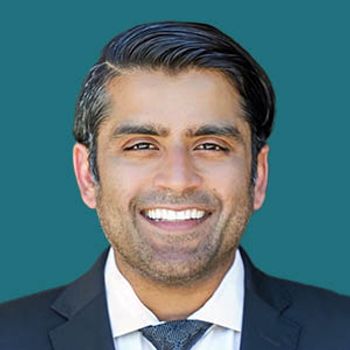
The data comes from a phase 2 substudy (NCT03999801) that treated the fellow eyes of patients who had previously been treated with ABBV-RGX-314.

Joshua M. Hare, MD, the cofounder and chief science officer of Longeveron, discussed updated data from the phase 2a CLEAR MIND study.

For the patients treated at the high dose, an average improvement of 18 points from baseline was observed in UPDRS Part 3 “off” medication score at 26 weeks posttreatment.

John Finn, PhD, the chief scientific officer of Tome Biosciences, discussed the company’s pipeline for its new technology.
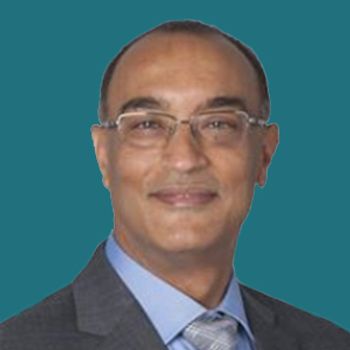
The company also announced protocol changes expanding eligibility for the MyPEAK-1 clinical trial.

John Finn, PhD, the chief scientific officer of Tome Biosciences, discussed the company’s technologies in the context of integrative gene therapy and cell therapy.

The phase 1/2 EPISOD1 study, which is taking place in the US, will provide participants with a short immunosuppression regimen before administration of the gene therapy.
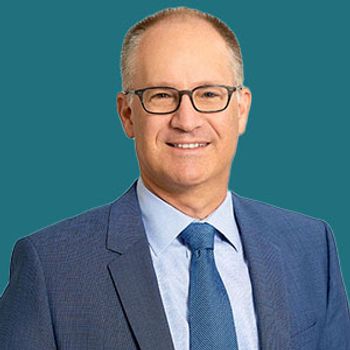
Originally, the phase 1 clinical trial was only cleared for the recruitment of patients with lupus nephritis, but IND amendments have added more eligible indications.

According to the company, this is the first time therapeutic RNA editing has been clinically demonstrated in humans.

Catch up on the latest news, breakthroughs, and announcements from biotechnology companies making advancements in cell and gene therapies.

Among 7 patients’ eyes that were treated with the study’s high dose, the response rate was 57% (4/7 eyes).
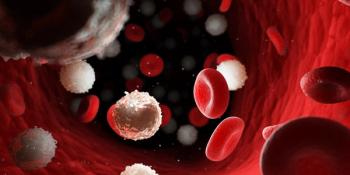
Seven of 67 patients treated with eli-cel across multiple clinical trials have developed hematologic malignancies, according to findings published in The New England Journal of Medicine.
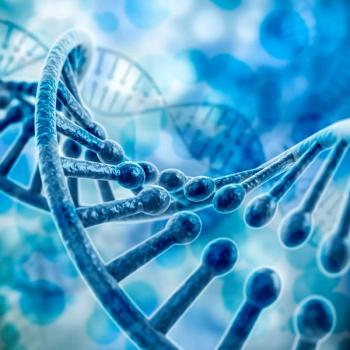
Benitec reported that the first patient showed a 35% reduction, constituting clinically meaningful improvement, in total score on the Sydney Swallow Questionnaire.
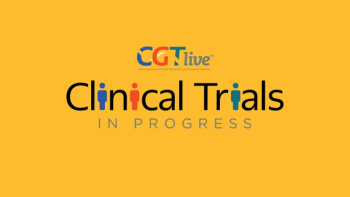
The REVEAL adolescent and adult trial and the separate phase 1/2 REVEAL Pediatric Study are both evaluating the gene therapy TSHA-102 in Rett syndrome populations.
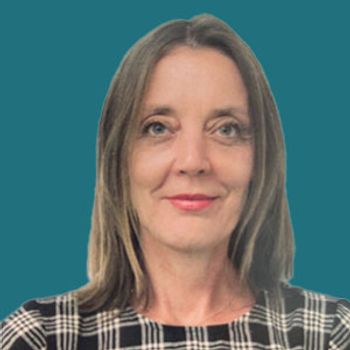
Daniela van Eickels, MD, PhD, MPH, the vice president and head of medical affairs for Bristol Myers Squibb’s Cell Therapy Organization, also discussed the company’s planned presentation at ACR Convergence 2024.

Nanoscope intends to go forward with the BLA submission in the first quarter of next year.